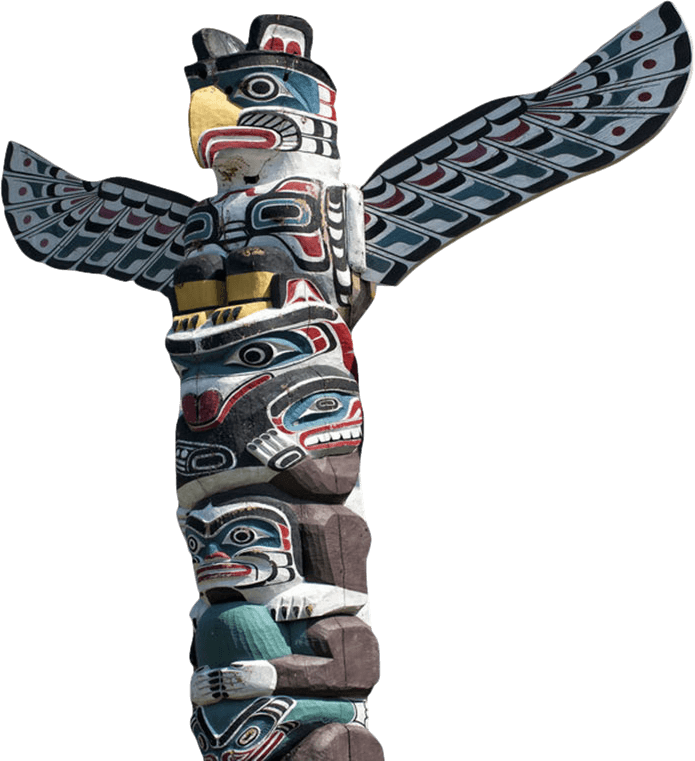Healing Generations Program
Days and Hours of Service:
-
- Monday to Friday 9 a.m. to 5 p.m. (flexible when needed to meet the needs of families)
Program acceptance criteria
- Indigenous children, youth and adults, and their families.
Philosophy
The philosophy of this program is to support healing from sexualized violence that adults, children, youth, and families have experienced due to the intergenerational trauma from residential schools and colonization.
Needs Addressed
- Mental – Impacts of trauma (historical and complex trauma, broken attachment, dissociation, depression, anxiety, psychosis, and developmental delays).
- Emotional – emotional regulation and emotional expression.
- Physical – support in nurturing the body and understanding the impacts of trauma on the body.
- Spiritual – encouraging a spiritual connection through the natural environment and culturally relevant practices.
- Behavioural –anger management skills, coping strategies, healthy intimate relationships, addressing sexualized behaviours.
- Psychoeducational needs
- Displaying sexualized behavior
- Individual sexualized abuse counselling
- Parental support
- Cultural connection
- Community resources
- Family counseling
- Healing Circles
- Safety Planning/Boundary setting
- Appropriate community referrals
- Culturally relevant activities
Service Modalities and Broad Strategies:
Referral sources:
- This is an open referral service; anyone can refer to this program.
Program Description
Phase One-Safety, Stabilization & Coping
Once the intake and assessment phase of therapy is complete, the Therapist will work with the client to develop skills and positive coping strategies (such as relaxation and calm breathing) to help manage any difficult emotions or body feelings. The Therapist will also work with the client to connect their personal resources as well as to strengthen positive connections and healthy relationships so the client can feel well-supported during the therapy process. Safety is the most important piece during the therapy process; therefore, the client will stay in this stage until they are ready to move on.
Phase Two-Memory Work & Trauma Processing
Talking about the trauma that you have experienced is often the most difficult part of therapy, but it can also be a very rewarding and healing part of the work that you do with us. When you are ready, your therapist will help you to tell your story in whichever way works best for you. While this can be difficult, it is an important step as it helps you to understand your history as something that has happened in the past and emphasizes keeping safe in the present. This step will give you a sense of control over your memories so that they no longer affect your life in harmful ways. Your therapist will check in with you often during this stage and let your parents/caregiver/family/partner know that you are working hard in therapy and that you will need to be cared for in an extra special way during this time.
Phase Three-Healing & Reconnecting
Once you have learned positive coping skills, connected to your strengths and resources, and healed from past negative experiences, you and your therapist will work together to find new meaning in your experiences and nurture your self-awareness. Strengthening positive social relationships and reassessing personal goals will also be important parts of this phase.
Throughout each of these three phases, your therapist may ask you if it would be helpful to have a parent/caregiver/partner/family member involved in our work together. Therapists spend time educating parents/caregivers/family members about how the trauma may be affecting you and we may also ask them to join in the therapy sessions so that they can learn new skills. Sharing your story with a parent, partner or loved one may also be a helpful part of your healing process.
Program Goals
- Indigenous children, youth, and adults will experience less conflict in their lives due to mental health challenges.
- To provide a safe and healing environment to process the impacts of trauma due to the legacy of residential schools and colonization.
- Increased positive self-image.
- Greater understanding of cultural and community resources available.







Follow Us!